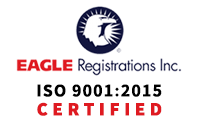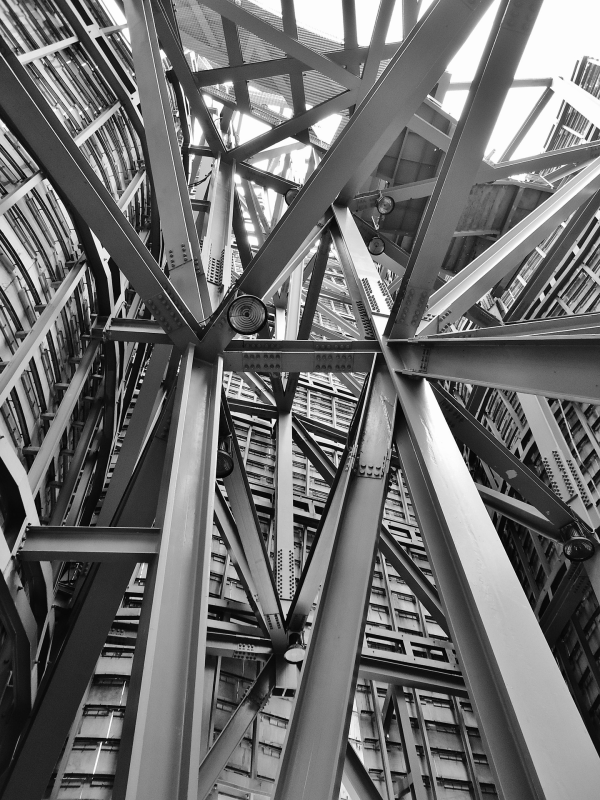Carbon Steel Casting in Wisconsin
Traditional ‘Wear-and-Tear’ Carbon Steel Casting Components
Crafted from iron and carbon fused together, carbon steel is the smart choice for products needed in strength and durability. Depending on the carbon-level, most steel works with heat treatment. Carbon steel is also relatively inexpensive, proving its worth several times over.
Whether you need electrical components, architectural pieces, or other industrial elements, Quality Castings provides all of the above. Look to our varied services for investment casting, including tooling, CNC machining, part design, and much more.
Varying Degrees of Carbon Steel
Ranging from low to ultra-high levels of carbon, our steel material works with all sorts of shapes, sizes, and tolerances. Depending on how much strength and malleability your component requires, consider our offered types of carbon steel:
Low-carbon
Low-carbon steel contains up to 0.25% carbon, offering excellent ductility and formability. It's easily weldable and machinable, making it ideal for general-purpose applications. This type is commonly used in automotive body panels, construction materials, and household appliances.
Medium-carbon
With a carbon content between 0.25% and 0.60%, medium-carbon steel provides a balance of strength and ductility. It responds well to heat treatment, improving its mechanical properties. This versatile steel is often used in axles, gears, crankshafts, and other machine parts requiring good strength and wear resistance.
High-carbon
High-carbon steel contains between 0.60% and 1.00% carbon, offering high strength, hardness, and wear resistance. It's less ductile than lower carbon steels but excels in applications requiring these properties. Common uses include cutting tools, springs, high-strength wires, and wear-resistant parts.
Ultra-high-carbon
Containing 1.00% to 2.00% carbon, ultra-high-carbon steel is extremely hard and wear-resistant. It's challenging to form and weld but offers exceptional strength and abrasion resistance. This type is typically used in specialized applications such as cutting tools, dies, and high-wear components in industrial machinery.
Alloy Advantages & Disadvantages
Carbon steel brings both benefits and disadvantages when crafting precision components. Be sure to know which properties are needed most for your casted piece.
The steel material includes benefits such as:
- Stronger with heat treatment
- Inexpensive
- Easily malleable
- Relentlessly durable
Minor setbacks include:
- Brittle
- Rusts easily
Endless Applications for Carbon Steel Casting
Carbon steel can be applied to several industries; proving easy modification and flexibility.
Industrial applications include:
- Motor
- Electrical
- Fence installation
- Kitchenware
- Architecture
Quality Castings provides carbon steel, ductile iron, and other alloys for whatever component you need. Our investment casting specialists work tirelessly, giving you the results you want at a reasonable price. Check out our precision casting success gallery for a look at our custom-crafted finished projects.



